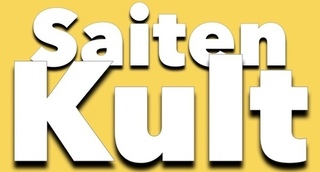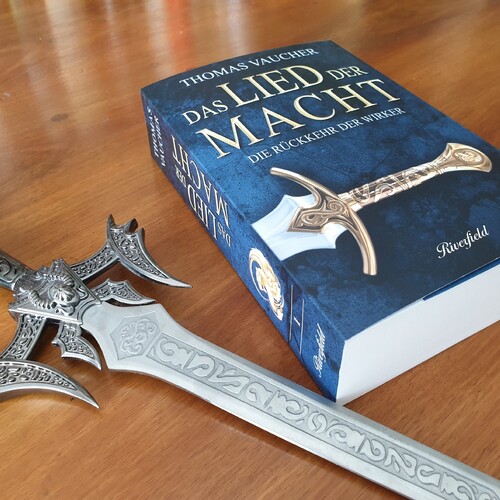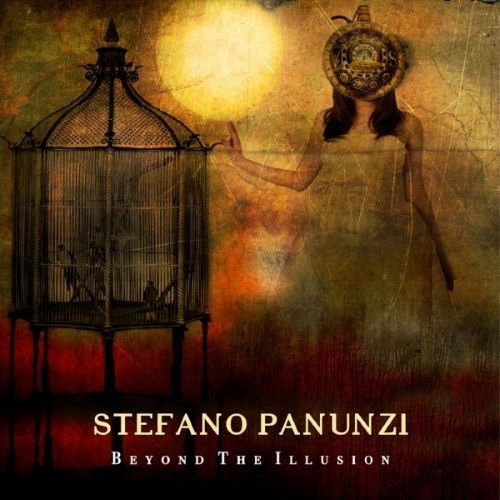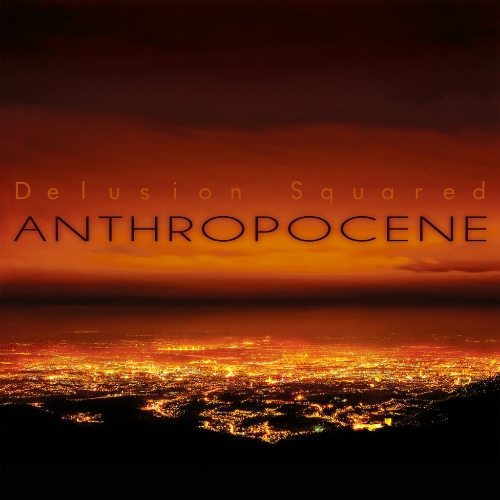
TIM BOWNESS
Interview
Tim Bowness ist nicht nur langjähriger Weggefährte von Steven Wilson (PORCUPINE TREE) in ihrer gemeinsamen Band NO-MAN, sondern auch als Solo-Künstler ziemlich erfolgreich. Das seine Hauptbeschäftigung in der des Label-Managers von ´Burning Shed´ besteht, ist dagegen nicht so sehr bekannt. Zu seinem aktuellen Solo-Album war es uns daher ein Vergnügen, Tim ein paar Fragen zu stellen.
Hier das Interview im Originalwortlaut:
Hi Tim, I sure, your are busy these days. What takes the most of your time – being an musical artist or working as the label-owner of ‘Burning Shed‘?
Both take up quite a bit of time, as does family / home life. The combination of the three leaves very little else.
Can you tell us how the new solo album was created?
As with any album I make, I use any method that works in terms of generating material I like and that means something to me.
Songs come about by writing on guitar, programming on the computer, improvising with other musicians and so on. As for lyrics, they generally take longer than the music to get right. Mostly, I write the melodies first and then write the lyrics to the melody (sometimes a long process). That said, sometimes I will work from existing lyrics and create a melody from them.
With ‘Stupid Things That Mean The World’, I was genuinely enthusiastic to see what would develop after ‘Abandoned Dancehall Dreams’.
A lot of material was written from mid-2014 onwards. As such, the album was mostly the result of a concentrated burst of musical activity over the last year. I wrote and co-wrote quite a bit, plus I scoured my archives to see if something already existed that suited the moods I was working towards.
How tired are you waiting for Steven Wilson and a new NO-MAN album?
I’d love to do a new NO-MAN album. The band is still important to me.
Steven’s solo career has developed fantastically – both artistically and in terms of its level of success – but I’d very much like us to take NO-MAN somewhere new at some point in the future.
It’s still something that means lot to both Steven and myself and we’re still in regular contact.
Why did you use the old NO-MAN song?
Late last year, Steven sent me several early NO-MAN demos that I’d completely forgotten about. One particular demo, from 1994, really stood out for me. I couldn’t believe we hadn’t developed it further, though as we were then working on ‘Wild Opera’ after ‘Flowermouth’, my guess is that it just didn’t fit with what we were doing at the time.
I heard it for the the first time in 20 years in October of 2014 and felt it was exactly what I needed for the ongoing ‘Stupid Things That Mean The World’-Album.
The original NO-MAN demo (called ‘Best Boy Electric’) is just over a minute long, whereas ‘Sing To Me’ is six minutes long, features new lyrics and a couple of new musical sections.
I like it because it reminds me of what I liked about early NO-MAN and also because it fits in perfectly with what I personally do musically.

Did you use some hold-back-songs of a future NO-MAN Album?
Not on this album. ‘Abandoned Dancehall Dreams’ was mostly created out of material I’d written or co-written with a new NO-MAN album in mind, while ‘Stupid Things That Mean The World’ came out of material that I’d written as a result of ‘Abandoned Dancehall Dreams’. I was really interested to see how I could develop what was emerging as a solo musical identity.
The only track with a NO-MAN connection was ‘Sing To Me’ and that was something that I developed further without Steven’s involvement. If ‘Abandoned Dancehall Dreams’ was my version of a NO-MAN album, ‘Sing To Me’ was my version of a NO-MAN song.
How do you see the development of Steven Wilson – from the perspective of the label manager?
Very positively!
How do you see the development of Steven Wilson – as an artist?
Again, very positively. I think Steven’s followed his creative muse and made some of his most interesting and ambitious music at the time of his greatest success.
The range of your new songs is pretty amazing. Was this a primary aim for this record?
Thanks. I’ve always been drawn to the epic as much as the intimate and ‘Abandoned Dancehall Dreams’ showed that, I hope. With the new album, I did want to take that aspect further.
Of course, there are intimate pieces on ‘Stupid Things’, but I do feel it has a greater sonic range than most of what I do and perhaps reflects the multiple aspects of my tastes more accurately.
How hard was it to inspire other musicians interested in the work and to gain involvement?
Luckily, not too hard!
The main core of the band – Colin Edwin, Michael Bearpark, Andrew Booker and Stephen Bennett – are people I’ve worked with for years. They’re really imaginative players as well as being good listeners. That also goes for Anna Phoebe and Andrew Keeling who provided the string arrangements on the album.
Phil Manzanera got involved because I liked a piece of his from one of his more obscure albums. It was a lovely instrumental and I could hear a song over it. I told Phil and he was kind enough to send me the multi-tracks to tamper with (overdub etc) and make a song out of.
With Peter Hammill, I went into his studio to record two songs of mine (‘Everything You’re Not’/’Everything But You’). He added some excellent backing vocals and played a lot more guitar than appears on the finished song, as the arrangement changed over time. He was an incredibly encouraging presence in the studio.
Being a big fan of both Peter and Phil, it’s always an honour to work with them.
How do you want to promote the album – possibly with live performances?
There will be a few live performances – in the UK and Poland – to promote the album. We’ll see what else develops and where else would like us to play.

Do you sell more CDs or more vinyl with your label?
Personally, I sell more CDs, though I sell a reasonable amount of vinyl (‘Stupid Things That Mean The World ‘was in the UK Top 10 vinyl chart just on the basis of its UK sales).
Burning Shed also still sells more CDs than LPs, though LP sales have increased greatly over the last decade.
How do you see the future of the music business? Is streaming the solution or the problem?
A complex question!
Although I mostly listen to music via my computer or iPod, I’m still drawn to the romance of the physical item and still buy music regularly. I’ve also always liked the often symbiotic relationship between album artwork and music. Artwork and album structure / sequencing are something I take very seriously.
I suspect that the future will see streaming become the mainstream choice, while physical formats will continue to dominate for specialist music fans and certain artists.
Streaming is a problem in that it tends to benefit the streaming companies and the major labels funding some of the streaming companies, but it is a solution in that it’s making some people who previously got all their music for free pay something for it, and perhaps value music as something important in many people’s lives.
Can we expect more guest appearances like you did years ago in OSI?
I hope so. I really enjoyed the OSI session as it was something so different from what I’d done before. I’ve co-written a couple of things with Jim Matheos since – both interesting, I think – and it would be really good to do something more comprehensive with Jim.
I’ve also enjoyed doing sessions for the likes of White Willow and Nick Magnus.
What makes Tim Bowness happy on a day without music?
I listen to or create music every day, but I also enjoy watching films, reading books, having intense conversations with friends, and taking holidays in isolated places with my family.
Thank you, Tim.




